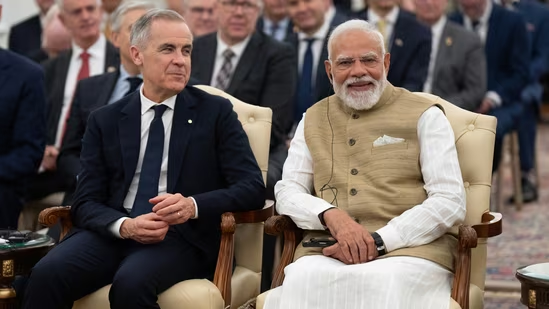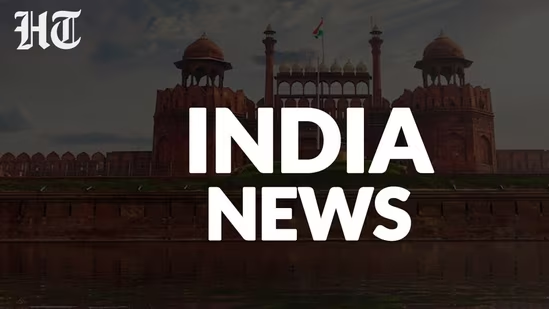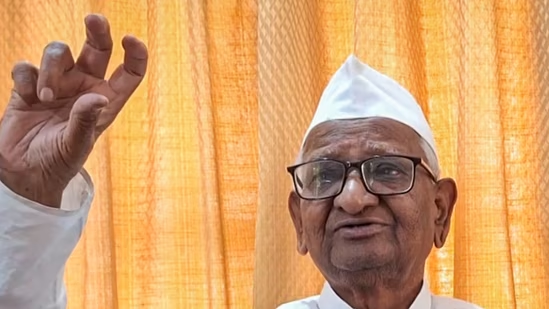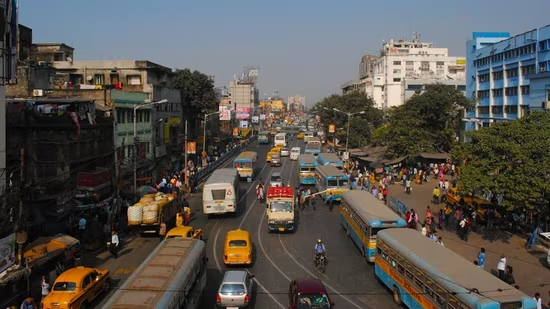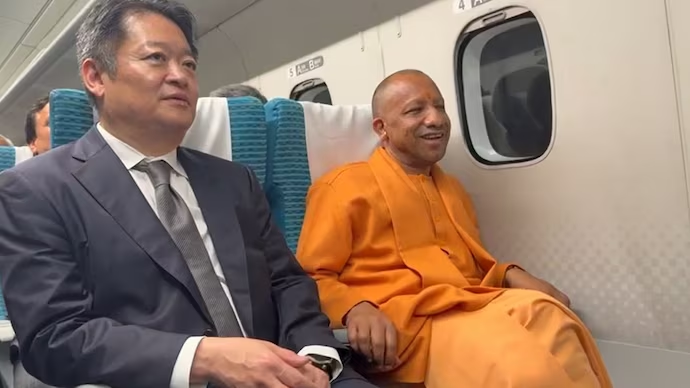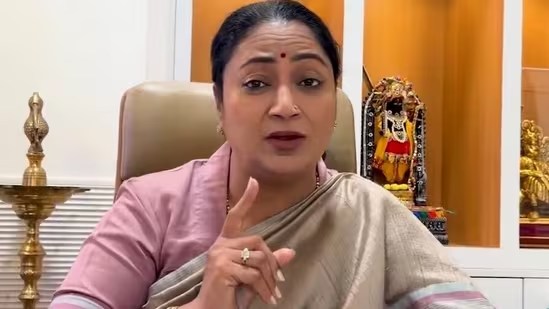During her speech, Gandhi said the caste census was required for better implementation of the bill and that SCs and OBCs should be included in the Women’s Reservation Bill.
Former Congress chief Sonia Gandhi on Wednesday said that the Congress will support the Women’s Reservation Bill. Initiating the debate on the bill on Day 3 of the special session of the Parliament, she said the Women’s Reservation Bill was first brought by her husband and late Prime Minister Rajiv Gandhi during his tenure.
The Congress leader said Rajiv Gandhi’s dream would be fulfilled if the bill gets passed in the House. On behalf of the Congress party, I stand in support of the ‘Nari Shakti Vandan Adhiniyam 2023’ (Women’s Reservation Bill)… It is a very touching moment in my life. The first time, the Constitutional Amendment determining women’s participation in local bodies was brought by my life partner Rajiv Gandhi.”
“It was defeated in Rajya Sabha by 7 votes,” she added.
“Later, the Congress government, under the leadership of PM PV Narasimha Rao, passed it in Rajya Sabha. As a result, we have 15 lakh elected women leaders across the country through local bodies. Rajiv Gandhi’s dream is only partially complete. It will complete with the passing of this Bill,” Gandhi said in her speech.
Gandhi further said the caste census was required for better implementation of the bill and that SCs and OBCs should be included in the Women’s Reservation Bill.
“We are happy with the passage of this Bill but at the same time, we are concerned too. Women have been already waiting for this for the past 13 years and now they have been asked to wait for more years. The Congress demands that the Bill is enforced immediately, and along with that, arrangements be made for reservations to women from SC, ST, and OBC communities by holding a caste census,” she said.
It is to be noted that former PM Rajiv Gandhi’s government in 1987 first constituted a 14-member committee led by Union Minister Margaret Alva to give recommendations to the PMO for improving the status of women.
The committee made 353 recommendations, of which one was the reservation of seats for women in electoral bodies. After five years during the tenure of PM PV Narasimha Rao, his government in 1992 passed the 73rd and 74th Constitutional Amendment Acts which mandated 33.3 percent reservation for women in Panchayati Raj Institutions including the chairperson’s office across the country.
This was based on the recommendations made by the panel headed by Margaret Alva.
In 1996, PM HD Deve Gowda’s government tabled the first women’s reservation bill. The Constitution (81st Amendment) Bill, sought reservation in one-third of seats for women in Parliament and state legislatures.
In 2008, the UPA government led by Dr Manmohan Singh introduced The Constitution (108th Amendment) Bill, 2008 in Rajya Sabha to reserve one-third of all seats for women in Lok Sabha and the state legislative Assemblies, including one-third of the seats reserved for SCs and STs.
In 2010, the Union Cabinet approved the Bill and it was also passed in Rajya Sabha. However, it never came up in Lok Sabha and ultimately lapsed again after the Lower House was dissolved.
Nari Shakti Vandan Adhiniyam bill
On Tuesday, the NDA government tabled the ‘Nari Shakti Vandan Adhiniyam’ proposing a 33 per cent reservation for women in Lok Sabha and state legislative assemblies.
The legislation will come into effect after the next delimitation exercise, which might be conducted after the first census to be taken after 2026.






